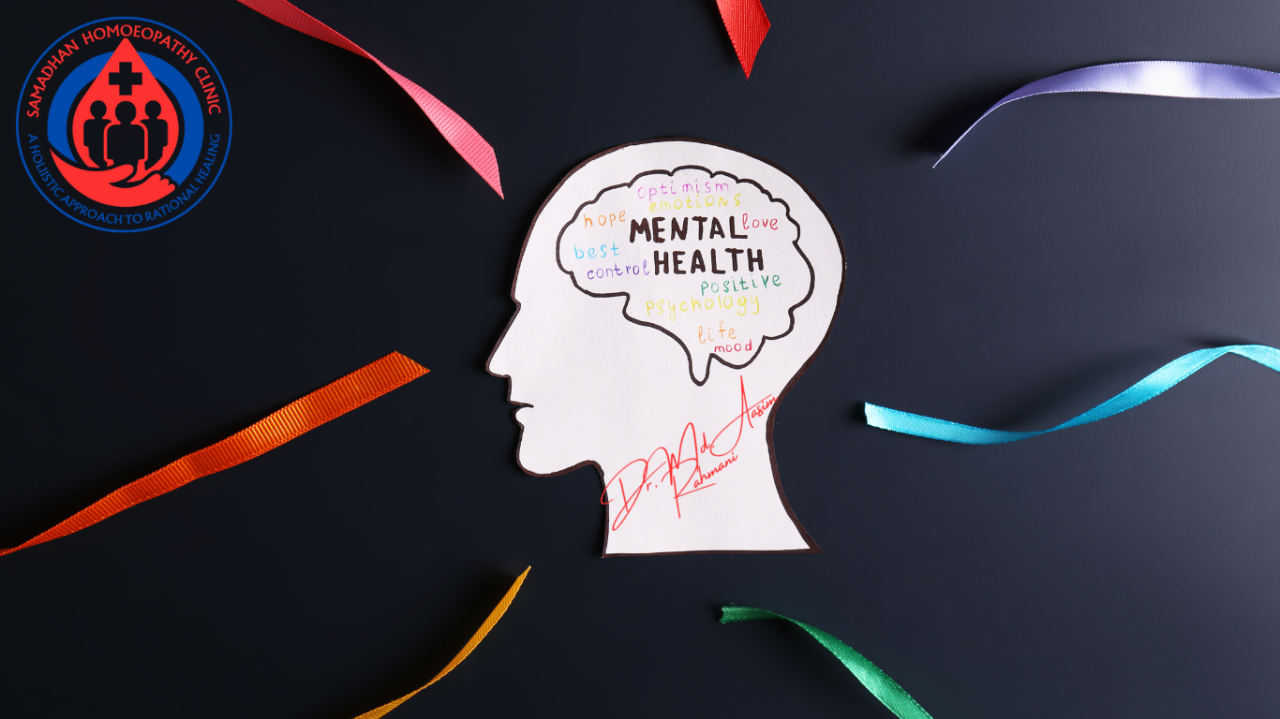https://quillbylines.com/ In the fast-paced world we live in, the importance of mental well-being cannot be overstated. This article explores the intricate connection between mental well-being and cognitive benefits, delving into how a healthy mind contributes to a more fulfilling and enriched life.
The Connection Between Physical and Mental Health
The concept of well-being extends beyond the physical to encompass mental health. A holistic approach acknowledges the symbiotic relationship between physical activity and mental well-being. Engaging in regular exercise not only boosts physical health but also plays a crucial role in maintaining a positive mental state. https://www.nytimes.uk/
Stress Reduction and Emotional Resilience
A key aspect of mental well-being is its impact on stress reduction and emotional resilience. Practices that promote mental well-being, such as mindfulness and positive thinking, contribute to managing stress and building emotional resilience. A healthy mind becomes a robust foundation for navigating life’s challenges.
Cognitive Benefits of a Healthy Mind
A sound mental well-being isn’t just about emotional stability; it also enhances cognitive functions. A healthy mind is associated with improved concentration, sharper memory, and overall better cognitive performance. Mental clarity becomes a hallmark of a mind nurtured through positive well-being practices.
Mindfulness and Its Role in Mental Well-being
Mindfulness, the practice of being fully present in the moment, emerges as a powerful tool for mental well-being. Incorporating mindfulness into daily life fosters self-awareness, reduces anxiety, and promotes a positive mental state. Simple mindfulness exercises can be transformative in nurturing mental well-being.
Positive Effects on Decision-Making
A healthy mind has a direct influence on decision-making. Clarity of thought and reduced mental clutter enable individuals to make better decisions. Positive mental well-being provides a stable platform for considering options, weighing consequences, and arriving at sound judgments.
Creativity and Innovation Linked to Mental Well-being
Creativity flourishes in a mind free from stress and negativity. A positive mental state sparks innovative thinking and problem-solving. Organizations increasingly recognize the link between the mental well-being of their employees and the potential for creativity and innovation within the workplace.
Cognitive Decline Prevention
As individuals age, mental well-being becomes a crucial factor in preventing cognitive decline. Engaging in activities that promote mental health, such as puzzles, learning new skills, and staying socially connected, acts as a protective measure against cognitive decline.
Sleep Quality and Mental Well-being
The relationship between sleep quality and mental well-being is bidirectional. A well-rested mind contributes to positive mental health, while mental well-being enhances the quality of sleep. Establishing healthy sleep habits becomes integral to nurturing both mental and physical well-being.
Social Connections and Mental Wellness
Human connection plays a pivotal role in mental well-being. Maintaining positive social relationships and a strong support system contributes to emotional stability. Nurturing social connections becomes a fundamental aspect of cultivating and sustaining mental wellness.
Work Productivity and Mental Well-being
In professional settings, mental well-being significantly influences work productivity. Employers are recognizing the importance of creating environments that prioritize mental health, leading to increased employee satisfaction, engagement, and overall productivity.
Educational Impacts of Positive Mental Health
Positive mental health is closely tied to academic success. Students who maintain good mental well-being often exhibit better focus, improved learning outcomes, and greater resilience in the face of academic challenges.
Lifestyle Habits and Their Influence
Lifestyle choices have a profound impact on mental well-being. Regular exercise, a balanced diet, and mindfulness practices contribute to a positive mental state. Cultivating healthy habits becomes a lifestyle choice that pays dividends in overall well-being.
Coping Mechanisms for Challenging Times
Life inevitably presents challenges, and maintaining mental well-being equips individuals with effective coping mechanisms. Developing resilience through positive well-being practices enables individuals to navigate challenging times with grace and strength.
The Future of Mental Well-being
As societal perspectives on mental health continue to evolve, the future holds exciting possibilities for mental well-being. Technological advancements, innovative therapies, and a growing awareness of the importance of mental health are poised to shape a future where mental well-being is a central focus of our lives.
Conclusion
In conclusion, the intricate relationship between mental well-being and cognitive benefits underscores the importance of nurturing a healthy mind. From stress reduction to enhanced cognitive functions, the positive impact of mental well-being permeates every aspect of our lives. As we prioritize mental health, we lay the foundation for a future where well-being is not just a goal but an integral part of our daily existence.

